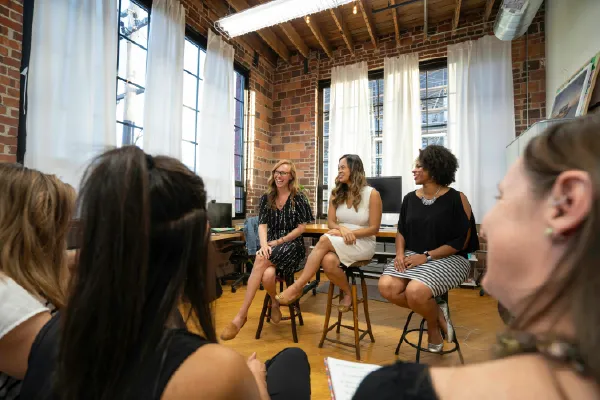
How I Learn Best Now (Hint: It’s Not Sitting at a Desk for 10 Hours)
When I was in college and graduate school, I had a clear formula: sit at my desk, focus intensely, and don’t stop until everything was done. In my mind, breaks were for the undisciplined. Productivity was measured in how long I could stay seated and how many pages I could consume. It worked—for a while. I graduated with honors, and the strategy became deeply reinforced.
But here’s the truth: that version of “learning” was about performance, not integration.
Now, many years later, as a trauma therapist, educator, and continuing education provider, my learning process looks very different—and it’s far more sustainable, embodied, and connected to my why.
1. Breaks Are Part of the Learning Process
I used to think breaks were a sign of weakness or avoidance. Now I know that stepping away from a task—taking a walk, stretching, sipping tea—actually helps consolidate what I’ve learned. My nervous system needs space to absorb, reflect, and be.
2. Learning Is Embodied, Not Just Intellectual
My desk is no longer the epicenter of learning. Sometimes it’s the yoga mat, the kitchen, or the trail behind my house. I notice what lands in my body. What feels expansive. What sticks, not because I memorized it, but because I felt it.
3. Microlearning Is Powerful
Instead of marathons of study, I now lean into short, meaningful bursts of content: a 10-minute podcast, a chapter from a book club pick, a guided meditation, or a clinical article that I can apply directly to my work. Small moments, repeated consistently, lead to deeper integration.
4. Community Deepens Learning
In school, learning was solitary. Now, I crave conversation. I co-learn with students in CE trainings, reflect with peers, and explore ideas in our therapist book club. Connection makes ideas come alive and invites shared wisdom I could never discover alone.
5. Permission to Be a Work in Progress
Perhaps the biggest shift? I no longer feel the need to “master” everything. Learning is ongoing. It’s cyclical. And it’s allowed to be messy. That grace has opened the door to more curiosity, creativity, and compassion—for myself and others.
If you’re a therapist or lifelong learner who’s rethinking how you grow and study, you’re not alone.
I’d love to hear—how do you learn best now? What has shifted for you over the years?
Let’s keep unlearning the grind and reclaiming learning as a joyful, embodied, human experience.
